Tuner Pedals
1-27 of 27 productsFilter
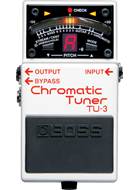
BOSS TU-3 Tuner
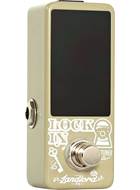
Landlord FX Lock In Tuner Mini Pedal
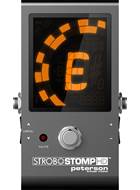
Peterson StroboStomp HD Tuner
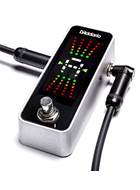
D'Addario Chromatic Tuner Mini Pedal
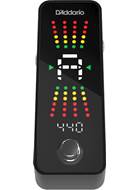
D'Addario Chromatic Tuner Plus Mini Pedal
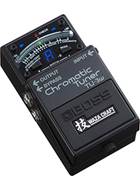
BOSS TU-3W Chromatic Tuner
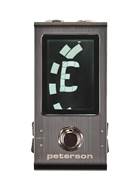
Peterson StroboStomp Mini Tuner Pedal
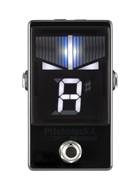
Korg Pitchblack X
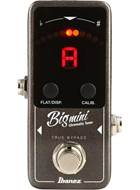
Ibanez BIGMINI Tuner Pedal
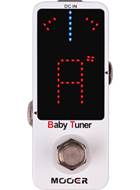
Mooer Baby Tuner Mini Pedal
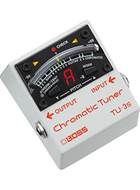
BOSS TU-3S Chromatic Tuner
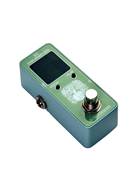
Electro Harmonix 2020 Tuner V2
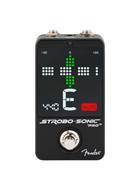
Fender Strobo-Sonic Pro Tuner
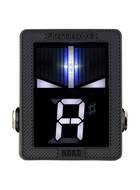
Korg Pitchblack XS
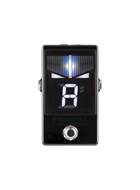
Korg Pitchblack X - Guitar Pedal Tuner
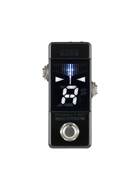
Korg Pitchblack X Mini - Guitar Pedal Tuner
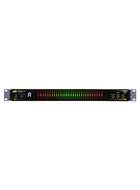
Korg Pitchblack X Pro Rack Tuner
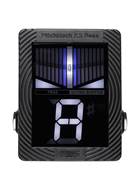
Korg Pitchblack XS Bass Guitar Pedal Tuner
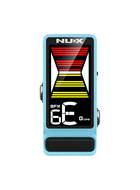
NUX Flow Tune Pedal Blue
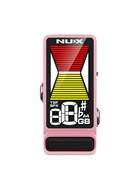
NUX Flow Tune Pedal Pink
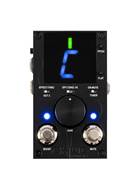
Solar Guitars CHUG TUNER+& Booster
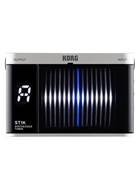
Korg ST1K Analogue & Modular Synth Tuner
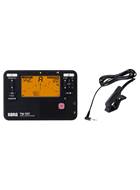
Korg TM-70 Tuner & Metronome Mic Combo Black
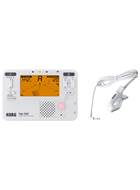
Korg TM-70 Tuner Metronome Mic Combo White

Peterson StroboVUE Always On Tuner
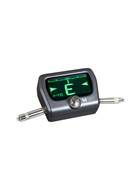
TGI Stage Tuner
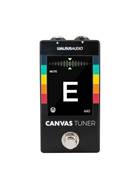
Walrus Audio Canvas Tuner Pedal
About Tuner Pedals
Tuner Pedals are an essential part of any guitarist's rig and will guide you to bring each string on your guitar into the correct pitch, plus, while activated, a tuner pedal will cut off your guitar's signal to the amp, preventing your audience and your band from hearing you tuning up, which means you can tune mid song, without disturbing your band's performance.
Most pedals also feature different tuning modes, which is great for alternate tunings, extended range guitars and other instruments like bass guitar and mandolin, while other guitar pedals can offer polyphonic tuner modes, which is able to identify chords and more than one string ringing at once. Some tuner pedals also host features like true bypass, an onboard led screen, strobe tuner and built in tuning presets. Alternatives to a pedal tuner include clip on tuners like the TC Electronic Polytune Clip which work through the vibrations from your guitar, meaning it will work without your guitar being plugged in, an excellent choice for acoustic instruments.
Tuner pedals are essential for every guitarist who plays live. Have one at the start of your chain and pay attention to it often throughout your gig! Many tuners can also be used to mute your live signal. This means you can use them as a mute in between songs as well as having them be ‘on’ for tuning during these moments.
Plenty of guitar pedal manufacturers make pedal tuners. The BOSS TU-3, TC Electronic Polytune and Korg Pitchblack are just three of many. Lots of tuners have multiple settings. In addition to tuning your standard notes (E,A,D,G,B & E), you can set most to be Chromatic (meaning they will read all pitches), half step down and other drop tunings. A visual display allows you to see how close or otherwise your particular string is to being in tune. Most tuners give out readings that border on a cent or two’s accuracy which is incredible!
Whatever your preference is when it comes to guitar tuner pedals, you’ll find everything you need right here on the guitarguitar website and in each of our stores. We are dealers for BOSS, Korg and TC Electronic so rest assured, we will meet your tuning needs!
Why Should I Choose a Tuner Pedal?
- Be in tune in any situation
- A guitar tuner pedal mutes your guitar as you tune
- Easy to see even on dark stages
- To be in tune with yourself
- To stay in tune with everyone else
- Can also be used as a killswitch

